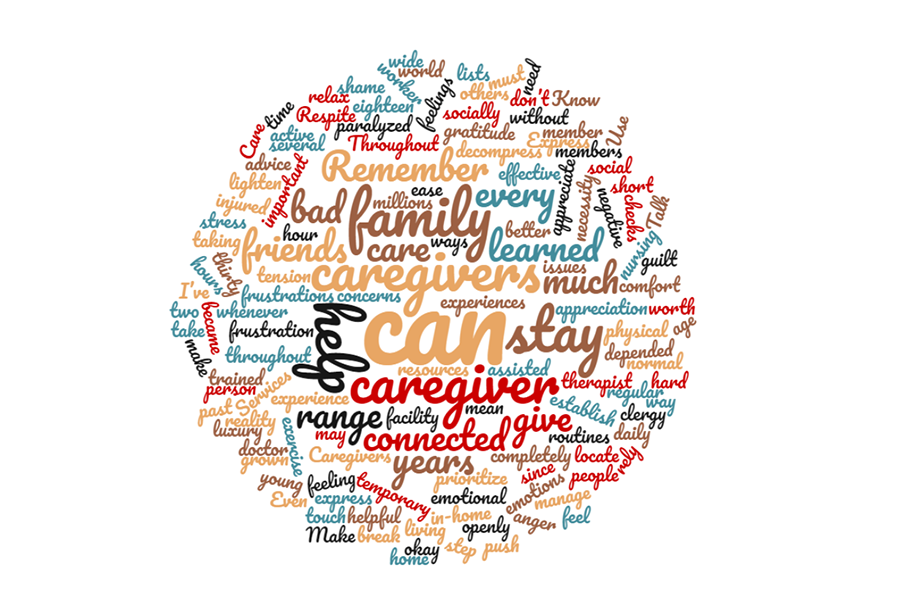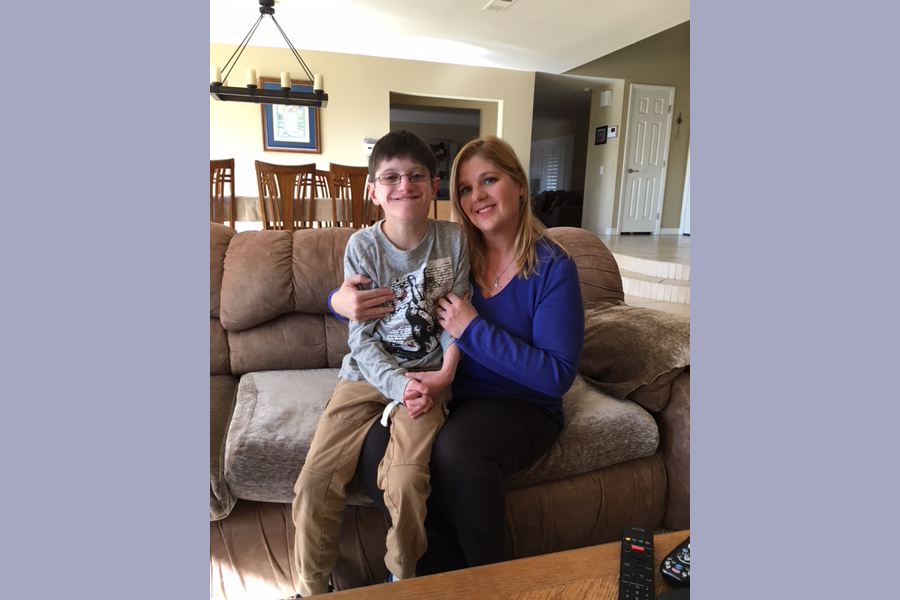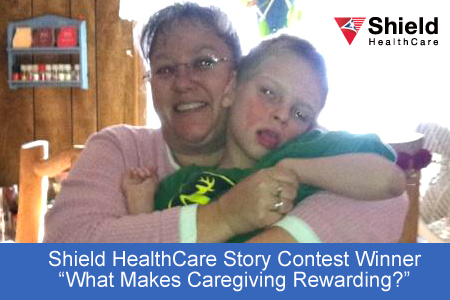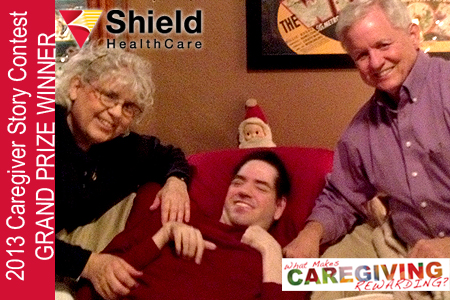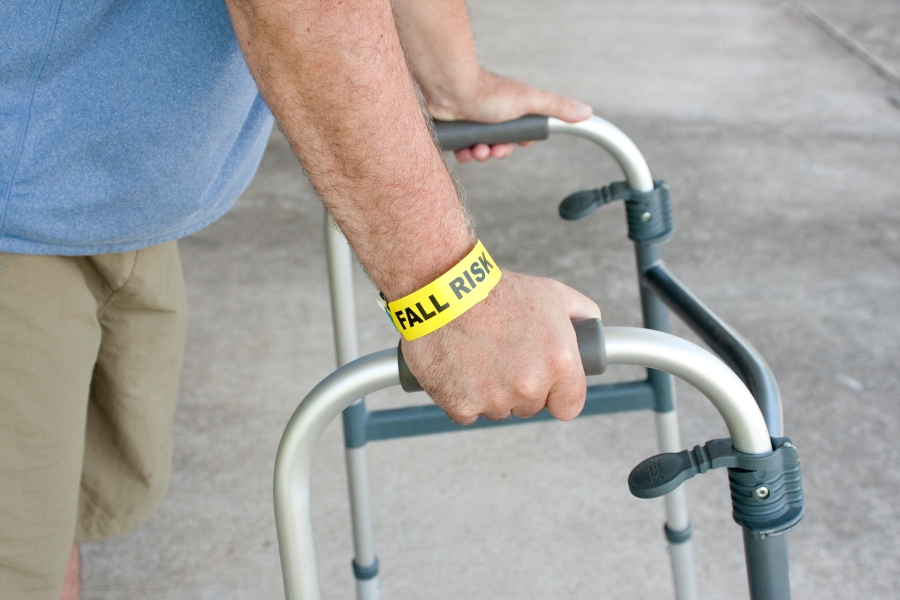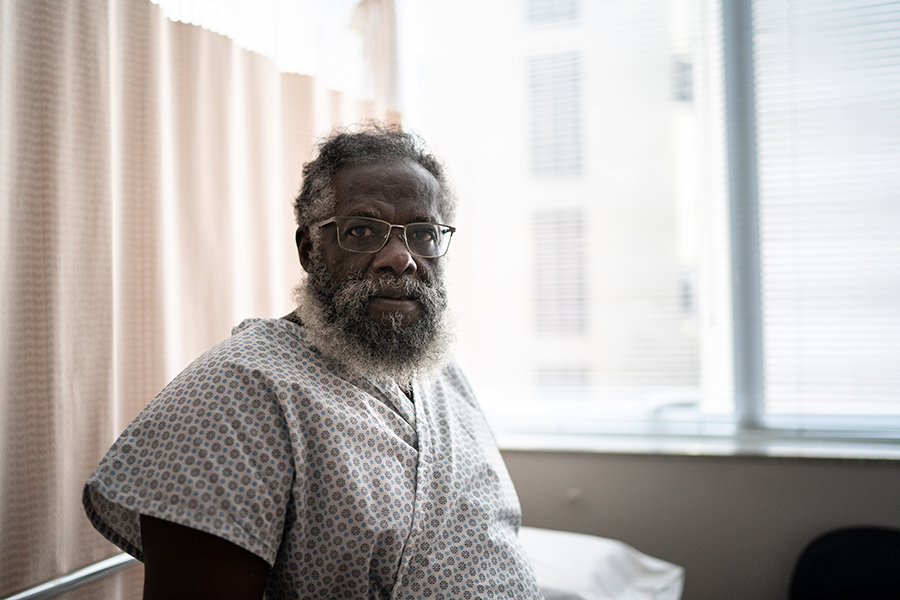Because heart attacks happen suddenly and without much warning, it’s good to know some of the symptoms that are indicative of an attack.
Symptoms of heart attacks can differ, but the most common ones to look for are:
- Chest pain (mild or severe) that develops in the left side/center of the chest. This can last for multiple minutes and can also feel like there’s a squeezing pressure in your chest.
- Upper body pain/discomfort in the stomach, shoulders, back, neck and jaw.
- Being unable to catch your breath, even if you aren’t participating in strenuous activities.
- Fatigue that onsets suddenly.
- Feeling nauseous and/or lightheaded.
You may feel overwhelmed after you have suffered a heart attack, but there are changes in your routine that can be made to assist with your recovery.
Sometimes it can take up to two months to resume normal activity and depending on the severity of the heart attack, it can take even longer. Here are some helpful tips to consider if you have suffered a heart attack.
- Pace yourself and spread activities evenly throughout the day.
- If there are stairs in your living space, avoid frequently climbing them during the day. If your doctor has told you to exercise, don’t be afraid to. Exercise in moderation.
- As you grow stronger, you can return to doing lighter household chores like folding laundry, cooking, washing dishes and more.
- Don’t try to lift or move heavy objects until your doctor has given you the all clear.
- Your doctor will advise when you can return to work, drive your car and participate in more vigorous everyday activities.
It’s normal for heart attack victims to experience feelings of depression, but these will usually subside over time. Following these recommendations may help:
- Get up and get dressed each day.
- Take a walk; daily activity can lead to a healthier body and mind.
- Resume old hobbies and activities when advised by doctor.
- Share feelings with family members and support groups.
- Get sleep – lack of sleep can cause feelings of irritability and fatigue.
- Avoid activities that will overtire you.
- Consider joining a cardiac rehabilitation program.
Diet is an important component when caring for someone who is recovering from a heart attack. Eating a heart-healthy diet prevents future issues. Here are six ways to reduce heart disease with food:
- Eat more vegetables, fruits, legumes, whole grains.
- Choose your daily fat calories carefully.
- Eat a variety of healthy, protein-rich foods.
- Limit high cholesterol foods.
- Utilize complex carbs as energy boosters and limit your intake of simple carbs.
- Increase your potassium, magnesium and calcium intake while reducing sodium intake.
Generally, sexual activity can be resumed after being discharged from the hospital. Openly communicate issues with your partner and check with your doctor to see if medications will interfere with sexual arousal, performance or comfort.
Even though heart attacks are scary, for victims and for caregivers, there’s comfort in knowing there are numerous resources and support groups out there.
Sources:









